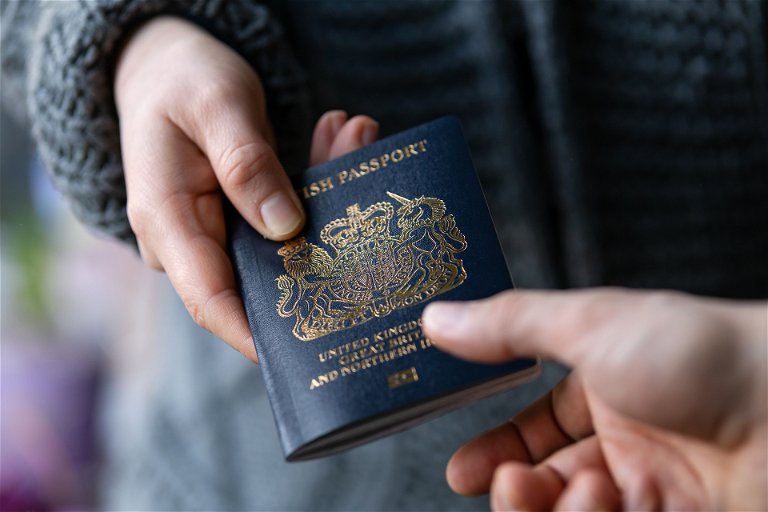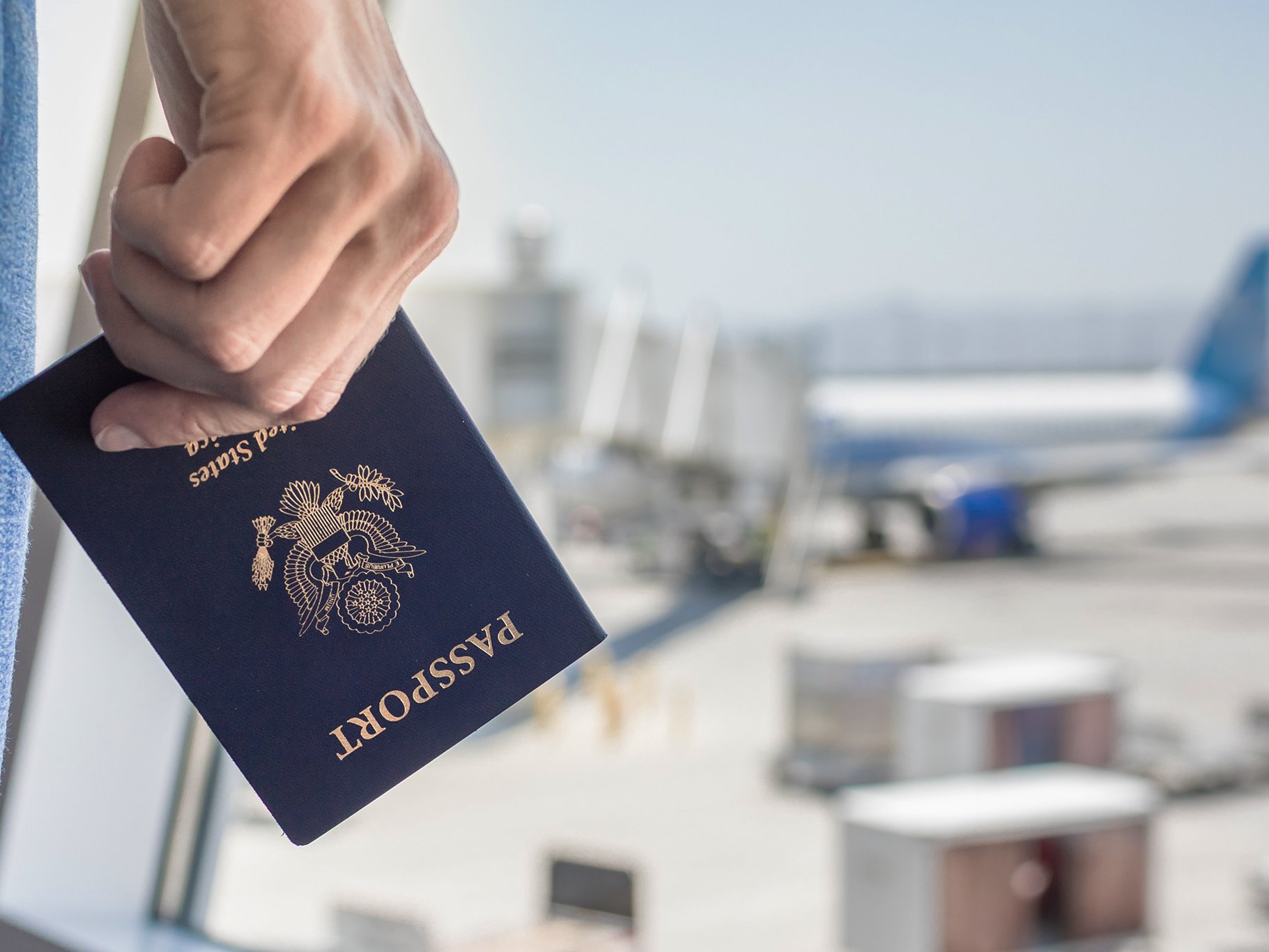UK travellers feel the effects of Brexit
A maximum of 90 days is one of the new restrictions for UK travellers visiting the EU.
Whether you were or are a pro- or anti-Brexit resident of the UK, there can be no doubt that there are many ramifications the UK voters were not informed of at the time of the June 2016 referendum. Whether these were kept from the voter or the pro-Brexiteers simply did not know remains a source of conjecture.
The Brexit transition period finally ended on 31st December 2020. However, because of the onset of Covid-19 and the interruption to international travel caused as a result, the full effects have not yet been fully catalogued.
Freedom of movement ended
There were some 60 unrestricted million visits to the EU from the UK prior to the pandemic. However, with the transition period now over, this freedom of movement ended, and while visitors from the UK can still enjoy travel without a visa, the length of their stay is currently limited. Holders of British passports are now only permitted to stay a maximum of 90 days in the EU in any one 180-day period. If they want to remain longer than 90 days, a visa or other permit is now required.
This single massive impact on tourism means that UK passport holders who own a holiday home in Europe or who regularly spend long periods in Europe for perhaps health reasons can now only spend a maximum of three months in Europe. As a result of Brexit, UK citizens are now considered third-country nationals. They are now subject to identical admission requirements as residents from countries such as the United States and Australia.
UK tourists will soon now need what is called a European Travel Information and Authorisation System (ETIAS) visa waiver to visit Europe. This programme will come into effect from November 2023 and is all about secure border journeys to EU members. Passport rules remain a bit hazy. Check carefully that your passport is valid for your dates of travel – you must have more than three months left on your passport for your entire trip, so do check if your passport is ten years old or more on the day after you propose to leave the country – you should count this from the passport date of issue.
The current European Health Insurance Card (the EHIC, which provides medical attention either for free or at the cost to residents of EU countries) remains valid until it expires. Citizens of the UK can then apply for a new card, the Global Health Insurance Card (GHIC), which covers pretty much what the EHIC covered. However, UK-issued EHICs are no longer valid for Iceland, Liechtenstein, Norway and Switzerland.
Rules for UK travellers
It is fair to say that the “physical” negative aspects of Brexit on tourism to the UK should be relatively limited. However, the devil always being in the detail; there are more minor aspects of EU travel that UK citizens can fall foul of.
- UK passport holders cannot now use border control lanes for citizens of the EU, EEA and Switzerland
- Travellers from the UK can no longer carry meat, milk or products containing them into the EU (except powdered infant milk or food, special pet feed and special medical foods)
- There is no longer a guarantee that you won’t be subject to roaming charges for your mobile phone in the EU – check with your provider and also check your destination – it may be more cost-effective to purchase an international sim when abroad
- Some animal products can be taken from the UK to the EU. These include up to two kilograms of live snails, mussels, oysters or honey and up to 20 kg of fishery products
- British pet passports are no longer valid for trips to the EU and Northern Ireland and now require an Animal Health Certificate (AHC) issued by a vet (one for each pet) within ten days of entry to another country and are valid for up to four months. The animal must be at least 12 weeks, vaccinated against rabies and microchipped. This can take up to a month to organise
- Since 1 January 2021, the rules for importing goods from outside the UK are essentially the same, regardless of whether the goods originate in an EU or non-EU country.
The rule for bringing back unlimited goods from the EU, providing tax is paid in the EU country you are visiting, no longer applies. You may bring back up to £390 worth of goods without paying customs duty or VAT. If they exceed this, they will have to pay duty at a rate that varies depending on the type, value and origin of the goods. Duty-free rules, as applied if you were travelling outside the EU before Brexit, now apply to cigarettes, alcohol and other duty-free goods in EU ports and duty-free shops.
The simple rule to avoid the pitfalls is to check before you travel and buy anything in the EU, either retail or duty-free.















